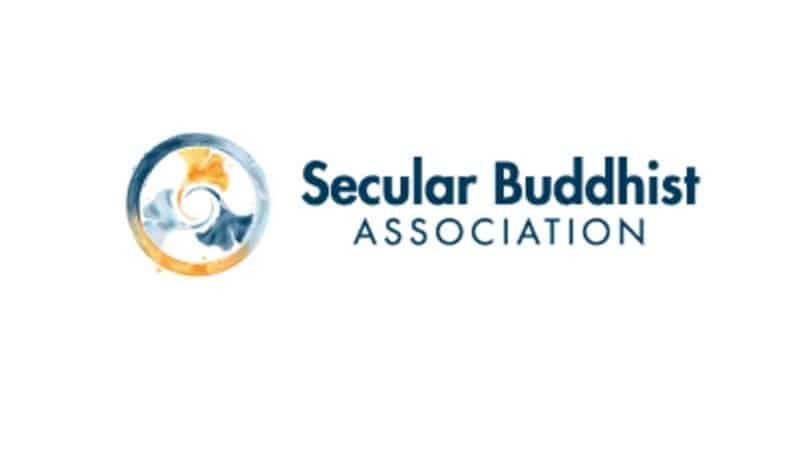POSTS:
All Posts

Dharma and community for meditators
Winton Higgins has written extensively about democratic communities and the development of secular Buddhism. In this article Winton offers some defining characteristics of a democratic sangha.

Secular Buddhism and the western search for meaning
… Winton Higgins traces the origins of secular Buddhism in interpretations of the Pali canon developed by Harold Musson and Stephen Batchelor.

A secular Buddhist perspective on dharmic citizenship
Winton Higgins urges secular Buddhists to be active citizens and contribute to social and political change. Given the crises facing our society, 'nowadays politics matters like never before!'

Secular Buddhism and democratic communities: sanghas r us
Winton Higgins discusses the importance of not just giving lip service to the importance of community, or sangha, but making it a central part of our practice.

A glossary of Buddhist terms (from a secular perspective)
A glossary of commonly used terms in dharma (aka ‘Buddhist’) circles set out in plain English, such as dharma, sangha, mindfulness and more.

Sangha essentials – creating community & bonding
In the third of three talks given at a day-long workshop in New Zealand in 2019 Winton Higgins discusses the centrality of creating communities or sanghas in the secular dharma path.

Insight meditation and the inner life
In the first of three talks at a day-long workshop in New Zealand in 2019 Winton Higgins discusses the Buddha’s foundational teaching for meditative practice, the Satipaṭṭhāna sutta (the discourse on the focuses of awareness) from a secular Buddhist perspective.

Selected Articles from the SBA Website
Over the course of 10 years, the Secular Buddhist Association (SBA) published over 300 articles. Below you'll find a chronological list (most recent to the oldest) of some of SBA's most important and influential articles.

Mindfulness is a hot commodity: looking for a quick fix?
Something that goes by the name ‘mindfulness meditation’ is a hot commodity these days. You can find many models on the market, some are more or less expensive, and of varying quality (like cars and dishwashers). The brands that are on the market either claim claiming origins in the Buddhist tradition, which lends them the kudos and the aura of ancient wisdom, or studiously avoid doing so.

What to tell your inner yogi about climate change
Responsible citizenship goes to the core of our ethical commitments as dharma practitioners. So the existential threat to ourselves and all other life-forms, that climate change poses, must stand high on our civic agenda. It mightily evokes the overarching ethic of the dharma – the ethic of care – understood both as concernful awareness, and as a prompt to action.

Challenges to Buddhist meditation practice now
In this talk given in 2018 Winton Higgins compares the expectations of people living in the Buddha’s era (5th century BCE) about meditation practice, and to our own views about the goals of meditation.

Secular Buddhism and the real reasons to meditate
Mike Slott argues that the goal of meditation is to become a more mindful and compassionate person, one who can contribute to creating a society in which all human beings can flourish.

A dharmic understanding of evil: the banality of climate change
The mythical figure of Mara in the Pali canon provides us with an obvious starting point for understanding evil. He appears again and again to the Buddha and his advanced disciples, preferably when they’re meditating. He’s disguised as a well-meaning stranger offering friendly, banal advice, the import of which would throw the hearer right off course if s/he heeded him.

A review of After Buddhism – focussing dharma for years to come
Winton Higgins reviews Stephen Batchelor's 2015 book After Buddhism, discussing the book's key themes and its contribution to the development of a secular dharma for our age.

Core elements of a secular and socially-engaged Buddhism
Mike Slott explores how a radical social theory and core Buddhist insights are both essential to understanding the causes of suffering and creating a society in which all human beings can flourish.
EXPLORE BY SECTION
SEARCH THE SITE
RECENT POSTS









